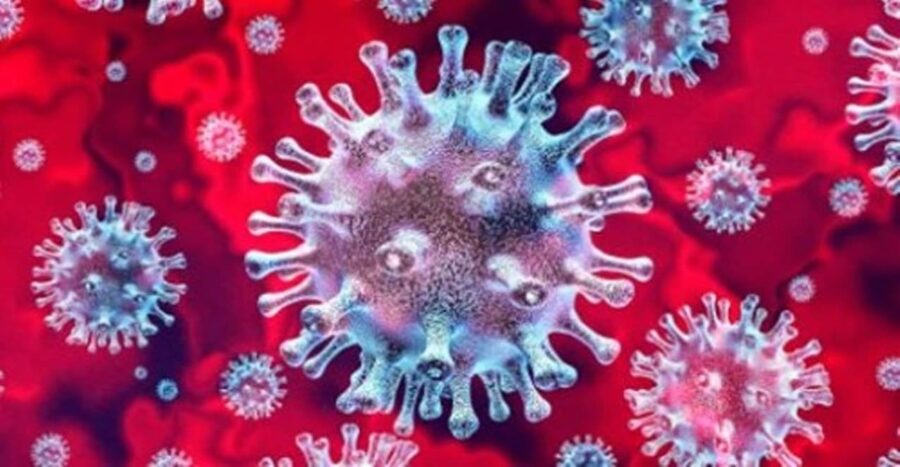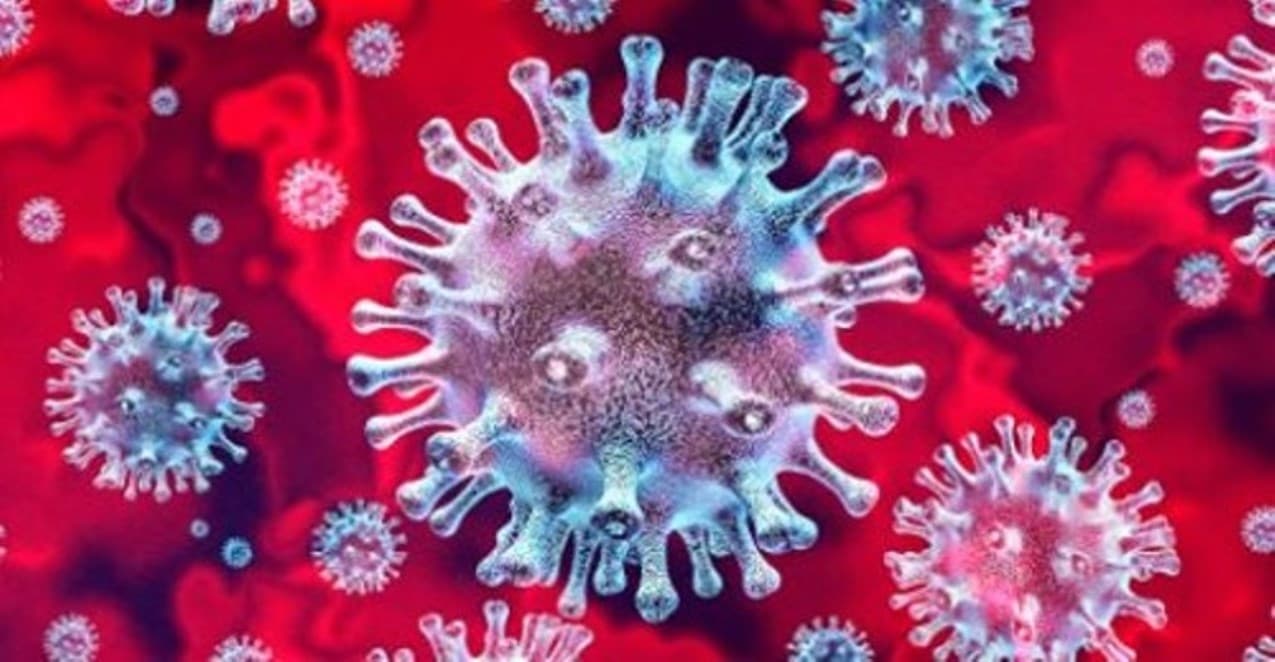
Gauteng confirms its first case of COVID Eris variant, South African public urged to vaccinate
South Africa has reported its first case of the new Covid Eris variant of the virus. Health authorities are therefore urging vulnerable and immune-compromised South Africans to get vaccinated and to continue with Covid protocols like wearing masks and sanitising.

The National Department of Health on Wednesday confirmed the first case of the new COVID-19 “Eris” variant from a sample taken in Gauteng.
VACCINATIONS RECOMMENDED
The department has since used this opportunity to remind citizens that they can still access life-saving vaccines at public healthcare facilities, although the World Health Organisation (WHO) has indicated that the new variant presents a low risk to the public.
“This doesn’t mean we should lower our guard because the virus mutates, which means there is no guarantee that its low severity status will remain unchanged to become a higher risk,” the department said, calling on people, especially the elderly and those living with comorbidities, to get the jab.
WHO DECLARES ERIS A COVID VARIANT OF INTEREST
WHO has now designated Eris, also known as EG.5, as a variant of interest (VOI), a subvariant of the Omicron lineage that originally emerged in November of 2021.
The organisation said there has been a steady increase in this variant’s prevalence, with over 7 000 sequences shared from 51 countries as of 7 August 2023.
EG.5 was first reported on 17 February 2023 and designated as a variant under monitoring (VUM) on 19 July 2023.
The largest portion of EG.5 sequences, according to WHO, are from China, followed by the United States, Korea, Japan, Canada, Australia, Singapore, the United Kingdom, France, Portugal and Spain.
Globally, WHO said there has been a steady increase in the proportion of EG.5 reported.
ALSO READ: Common diabetes drug metformin could protect against long COVID
However, based on the available evidence, the agency said the public health risk posed by EG.5 is evaluated as low at the global level, aligning with the risk associated with XBB.1.16 and the other currently circulating variant of interests (VOIs).
“While EG.5 has shown increased prevalence, growth advantage, and immune escape properties, there have been no reported changes in disease severity to date.
“While concurrent increases in the proportion of EG.5 and COVID-19 hospitalisations, lower than previous waves, have been observed in countries such as Japan and the Republic of Korea, no associations have been made between these hospitalisations and EG.5.”
However, due to its growth advantage and immune escape characteristics, the organisation said EG.5 may cause a rise in case incidence and become dominant in some countries or even globally.
